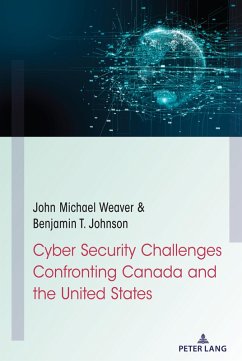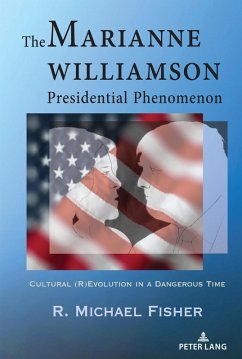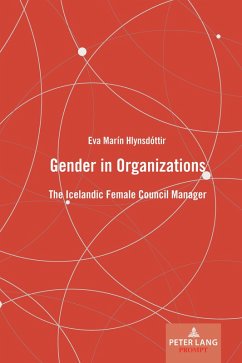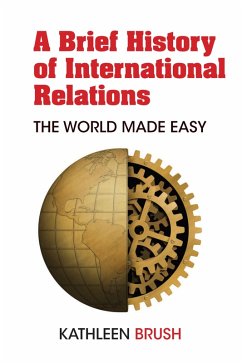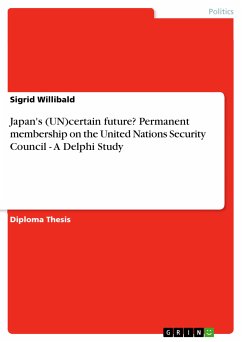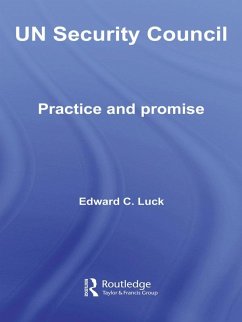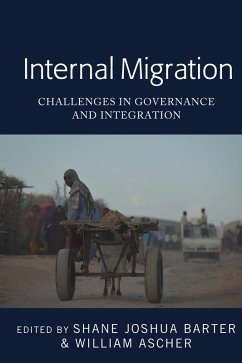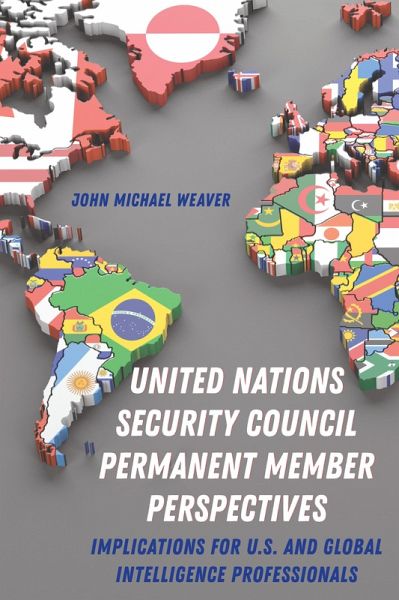
United Nations Security Council Permanent Member Perspectives (eBook, PDF)
Implications for U.S. and Global Intelligence Professionals
Versandkostenfrei!
Sofort per Download lieferbar
Statt: 102,50 €**
80,95 €
inkl. MwSt.
**Preis der gedruckten Ausgabe (Gebundenes Buch)
Alle Infos zum eBook verschenkenWeitere Ausgaben:

PAYBACK Punkte
40 °P sammeln!
Threats to peace and stability are real and will likely continue into the foreseeable future. Likewise, globalization and its proliferation has made it increasingly difficult in knowing whether one is a friend or foe. This is particularly true when turning to the relationship of the five permanent members of the United Nations Security Council (UNSC); the relationships are not as clear as was the case two decades ago. Intelligence professionals the world over would be remiss in their assessments if they fail to take into account the position of each in the context of contemporary issues. Count...
Threats to peace and stability are real and will likely continue into the foreseeable future. Likewise, globalization and its proliferation has made it increasingly difficult in knowing whether one is a friend or foe. This is particularly true when turning to the relationship of the five permanent members of the United Nations Security Council (UNSC); the relationships are not as clear as was the case two decades ago. Intelligence professionals the world over would be remiss in their assessments if they fail to take into account the position of each in the context of contemporary issues. Countries can be aligned on one issue and yet diametrically opposed on others. This research looks to enhance what Ernest Boyer refers to as scholarship of integration and uses the Federal Qualitative Secondary Data Case Study Triangulation Model and a variation of a model referred to as the York Intelligence Red Team Model-Modified (YIRTM-M) to conduct the analysis. More pointedly, this book looks at issues from the U.S. perspective to see how the YIRTM-M can be applied to advance its own interests on the world stage and to better understand when each can be seen as a friend or foe.
Dieser Download kann aus rechtlichen Gründen nur mit Rechnungsadresse in A, D ausgeliefert werden.




